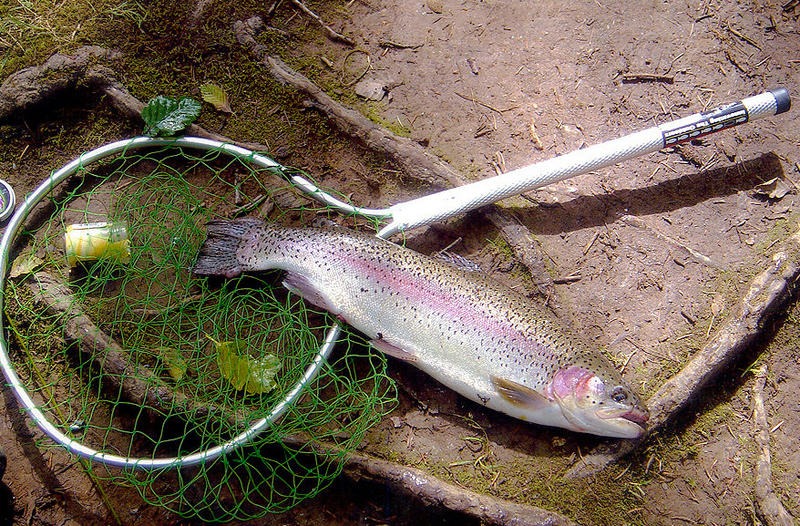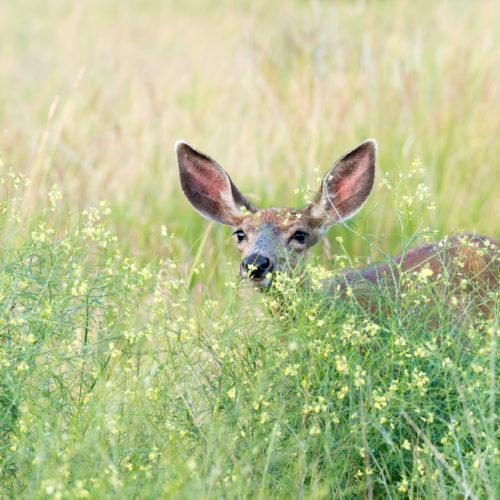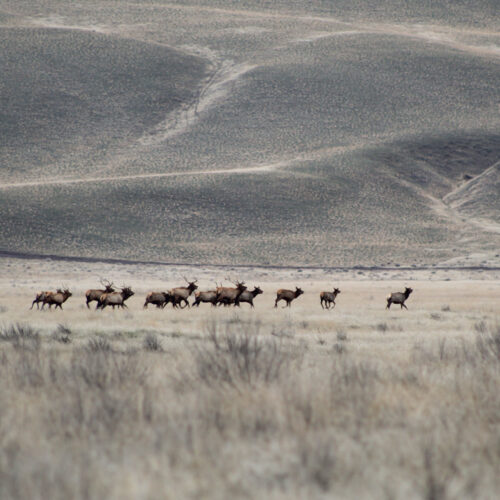
Gone Fishin’: Northwest States Catch Lots More Angling And Hunting License Sales During Pandemic
READ ON
Fishing and hunting license sales jumped in 2020 across the Pacific Northwest as more people flocked to outdoor activities during the COVID-19 pandemic. Total license purchases rose even though part of last spring was crimped by stay-home orders and in some states by the suspension of non-resident permits.
Sport fishing license issuances increased by double digit percentages in Idaho, Washington, Oregon and California since the onset of the pandemic. Hunting wasn’t far behind. The California Department of Fish and Wildlife said not since 2008 had it issued as many sport fishing licenses as it did last year.
Oregon sold 18% more angling licenses and 6% more hunting licenses of all categories in 2020 versus 2019. Washington’s Department of Fish and Wildlife tracks its annual statistics on an April to March cycle, but with three months still to go for its 2020 tally, total hunting and fishing license purchases were already 5-7% ahead of the full year 2019.
“People were looking for something they could do socially distanced and outdoors,” said WDFW licensing division manager Peter Vernie. “We saw a very big influx in new customers coming to us and old customers wanting to get back outside.”
Idaho’s Department of Fish & Game saw an 11% increase in annual fishing and hunting license purchases in 2020 compared to the year before. The increase was most pronounced in fishing license sales, which surged 65% during the first six months of the pandemic versus the same period in 2019, according to Paul Kline, deputy director for policy and programs at Idaho Fish & Game.
“Cases of coronavirus pale in comparison to cases of cabin fever,” Kline told a legislative budget committee last week. “Idahoans have found much needed respite in Idaho’s outdoors, including hunting and fishing. Idaho’s great outdoors provided safe opportunities for individuals and families — social distancing, Idaho style.”
Kline said Idaho reduced non-resident tag availability for deer and elk hunters to reduce crowding during that hunting season.
California and Washington state provided figures for the number of first-time license holders. Both states recorded tens of thousands of newcomers and “reactivated” enthusiasts in 2020. Vernie said it was nice to see a reversal in the long-term decline in participation, especially in hunting, which translates directly into agency budget stability and draws in federal matching dollars.
“There’s a two pronged advantage,” Vernie said. “Number one, we’re getting revenue to support the agency and the activities we do to manage and conserve wildlife and fish. And then we also get federal dollars that come to us.”
The surge in fishing and hunting during the pandemic tracks with other observations about the lure of the great outdoors during this pandemic. Hikers and park rangers have reported packed parking lots at trailheads ever since lockdowns eased last spring. The enthusiasm for socially-distanced outdoor activities extended into the cold season this winter with crowds filling Sno-Parks on weekends and ski and snowshoe rental shops reporting brisk business.
The jump in annual license sales is all the more remarkable considering that the 2020 sales year began with pandemic headwinds. Washington Gov. Jay Inslee’s initial coronavirus containment strategy included restrictions on recreational fishing, hunting, hiking and golfing. Those restrictions generated considerable static and were lifted in the first week of May.
Oregon and Idaho did not shut down fishing to slow the spread of the coronavirus. But those states did suspend non-resident hunting and fishing licenses for part of the spring to prevent out-of-state outdoors enthusiasts from crossing state lines.
Related Stories:

Fatal deer disease found in Washington for the first time
Mule deer in tall grasses and forbs, Iwetemlaykin Heritage Site, Wallowa Valley, Oregon. (Credit: Leon Werdinger / Alamy Stock Photo) watch Listen (Runtime 0:59) Read A fatal disease for deer

High steaks plate: Chronic wasting disease transmissibility to humans
Mule deer in tall grasses and forbs, Iwetemlaykin Heritage Site, Wallowa Valley, Oregon. Listen (Runtime 4:46) Read Chris Rau — a home chef, hunter, and student in the College of

A return after seven decades: Inside the Yakama Nation’s elk hunt on the Hanford Reach
A group of elk runs from Yakama Nation hunters on the Hanford Reach National Monument in December 2023. (Credit: Star Diavolikis / Yakama Nation) Listen (Runtime 3:50) Read A video















